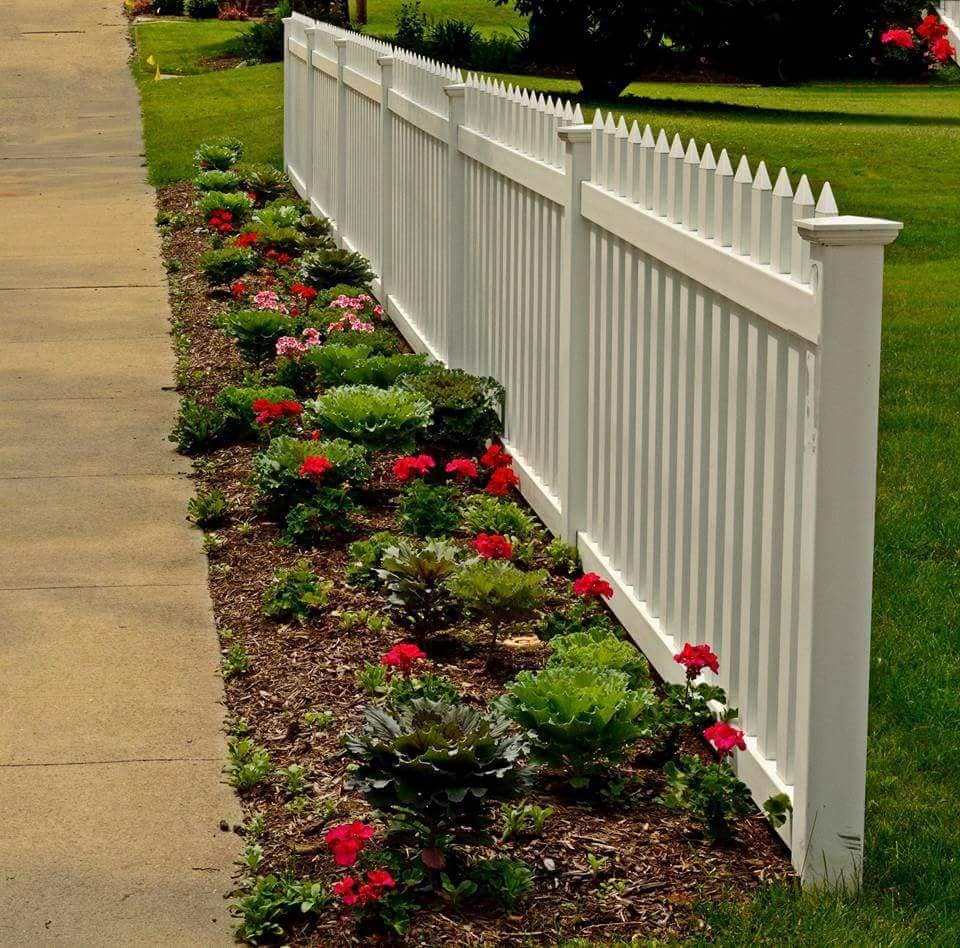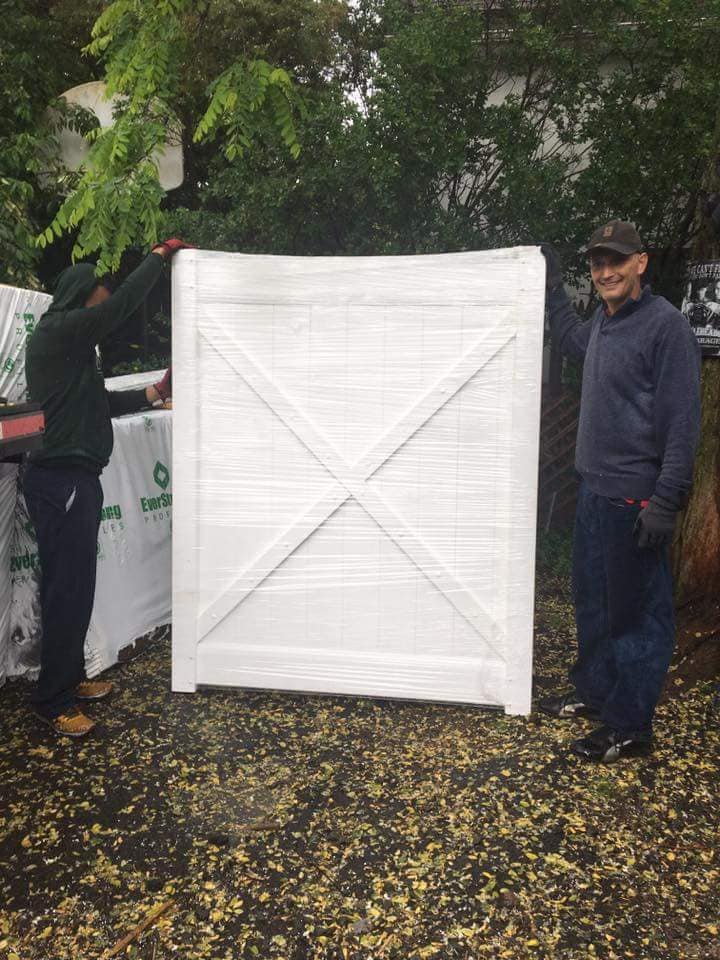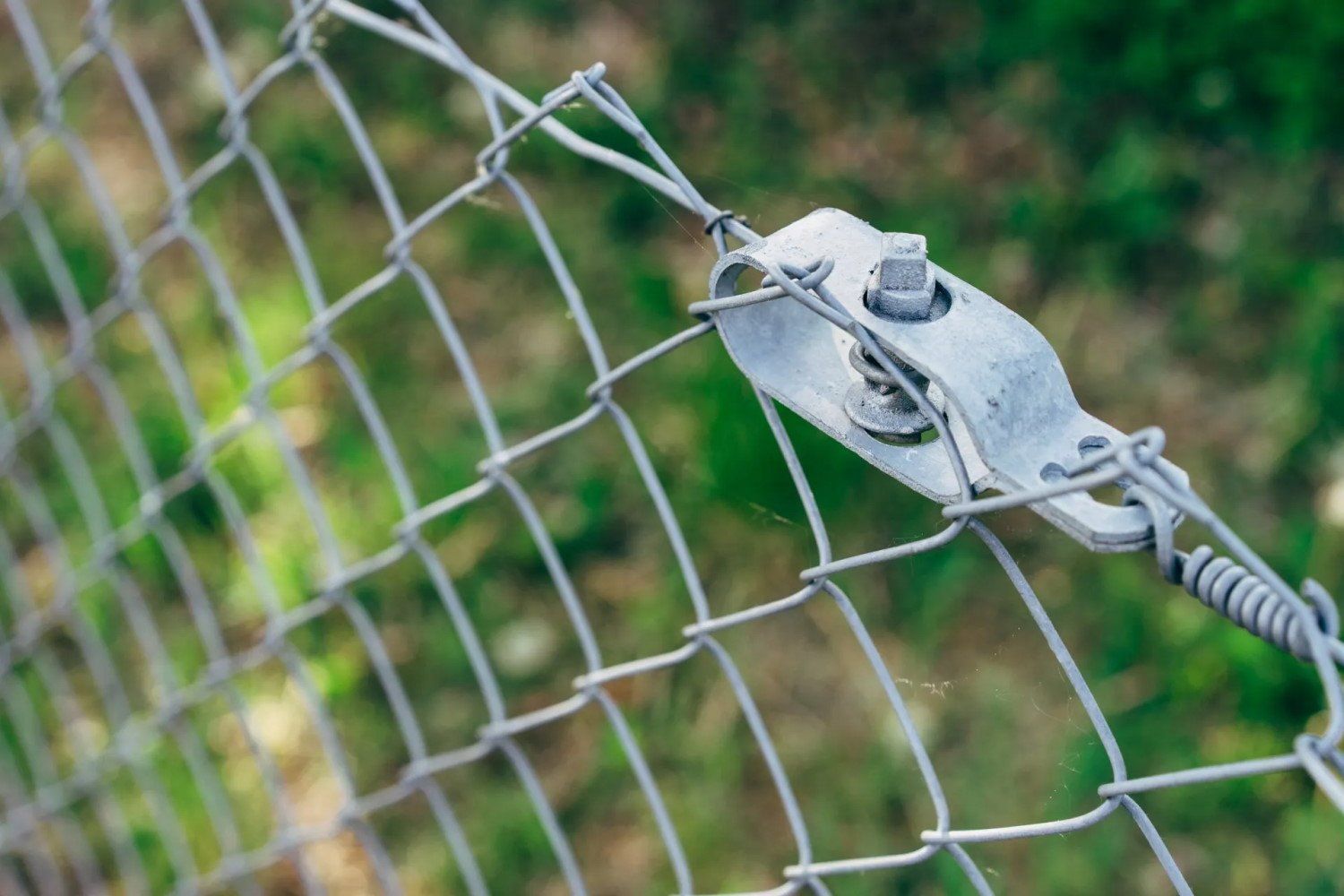Introduction
Fences are more than just barriers; they define our spaces, provide privacy, and ensure security. However, the type of fence you choose can significantly impact its longevity, especially when Mother Nature throws her weight around. From the scorching sun to relentless rain, weather has a profound effect on fencing materials. In this article, we’ll explore how weather affects the lifespan of different types of fences, including vinyl, chain link, and wood. We’ll also delve into maintenance tips and best practices that can help you extend your fence’s life amidst varying weather conditions.
How Weather Affects the Lifespan of Different Types of Fences
When you think about it, your fence stands as the first line of defense against environmental elements. The lifespan of any fence will vary depending on its material and how well it is maintained. Let’s break down how weather impacts various fencing types:
The Role of Sun Exposure
Too much sun can be detrimental to many materials:
- Vinyl Fences: Over time, UV rays can cause fading and brittleness. Choosing high-quality vinyl with UV inhibitors can mitigate these effects. Wood Fences: Direct sunlight can lead to drying out and cracking if not properly treated with sealants. Metal Fences: While less affected by sun exposure directly, heat can lead to warping in some cases.
Rain and Moisture Levels
Moisture is another significant factor fence installation affecting fences:
- Vinyl Fences: Highly resistant to moisture but may develop mold or mildew if not cleaned regularly. Wood Fences: Prone to rot and decay if untreated; regular sealing helps prevent water damage. Chain Link Fences: Generally rust-resistant when coated, but prolonged exposure without maintenance can lead to corrosion.
Wind Impact
Wind can be particularly damaging:
- Vinyl Fences: Can withstand wind better than wood but may still suffer from structural weaknesses over time. Wood Fences: Tall wooden fences might bend or break under heavy winds unless properly anchored. Chain Link Fences: They’re often used for pet containment and gardens due to their wind resistance.
Snow and Ice Effects
Heavy snow accumulation or ice storms introduce additional concerns:
- Vinyl Fences: Less susceptible to snow weight but icy conditions may cause brittle fractures. Wood Fences: Snow can add significant weight leading to potential sagging or breaking. Chain Link Fences: Generally hold up well but may require clearing snow off the top to prevent bending.
Maintenance Tips for Different Fence Types
To prolong your fence's lifespan regardless of material, regular maintenance is key.
How to Maintain a Vinyl Fence
Regularly clean with soap and water to prevent mildew buildup. Check for cracks or fading due to UV exposure; replace panels when needed. Inspect gates and hinges for functionality.How Long Does a Chain Link Fence Last?
Typically, a well-maintained chain link fence lasts about 15–20 years. However:
- Consider adding fresh coatings every few years for rust prevention.
Best Uses for Chain Link Fencing
Pet containment Pool enclosures Temporary boundaries at construction sitesPrivacy Options for Vinyl Fences
Privacy is a fundamental concern for many homeowners looking at vinyl options:
Solid panels offer complete privacy; consider heights that comply with local zoning laws. Decorative tops provide aesthetic appeal while still maintaining privacy.Can You Add Privacy Slats to a Chain Link Fence?
Absolutely! Adding privacy slats transforms an otherwise open chain link into a more private barrier without losing airflow.
Chain Link Fence Coatings and Finishes
Different coatings enhance durability:
Galvanized: Protects against rust but may need repainting over time. Vinyl-coated: Offers color options while providing additional protection against corrosion.Vinyl Fencing Styles and Design Options
With vinyl fencing options ranging from classic white picket styles to modern horizontal designs, there’s something for everyone:
Traditional Picket Privacy Panels Ranch RailHow to Clean a Vinyl Fence
Keeping your vinyl fence clean enhances its lifespan considerably:

How to Prevent Rust on a Chain Link Fence
Prevent rust by following these steps:
Regularly inspect fencing for chips in the coating. Clean off debris that traps moisture against the metal surface.Chain Link Fence Height Regulations
Before installing your chain link fence, check local regulations regarding height restrictions—common limits are typically between 4–6 feet in residential areas.
Vinyl Fence Maintenance Schedule
A good rule of thumb is:
- Clean annually Check seals every 2 years Replace damaged panels immediately
Are Vinyl Fences Good for Windy Areas?
Yes! They’re particularly beneficial as they are engineered for strength without compromising flexibility—ideal for areas prone to high winds.
Child-Safe Vinyl Fencing Options
For families with children:
Opt for solid panel fences without gaps where little ones could squeeze through! Choose rounded tops instead of sharp spikes on decorative designs.Upgrading from Chain Link to Vinyl Fencing
Considering an upgrade? Here’s why vinyl could win your heart over chain link:
Enhanced aesthetics: Choose colors that match your home’s exterior! Lower maintenance: Say goodbye to rust problems!
Conclusion
Choosing the right type of fencing involves understanding how various weather elements impact durability and appearance over time—and how you can proactively protect your investment through proper maintenance practices tailored specifically toward each material type! Whether you're leaning towards vinyl's low upkeep or chain link's versatility, knowing how weather affects the lifespan of different types of fences will help ensure you make an informed decision that keeps your space safe and stylish!
FAQs
1) How long does a chain link fence last?
Typically around 15–20 years with proper maintenance.
2) Can I paint my vinyl fence?

3) What should I do if my wood fence starts rotting?
Replace affected boards promptly; treat surrounding areas with fungicides as needed.
4) Are there eco-friendly options for vinyl fencing?
Yes! Look into recycled material products available from several manufacturers today!

5) How do I remove mildew from my vinyl fence?
A mix of vinegar water solution works wonders—scrub gently then rinse thoroughly!
6) What factors affect the cost of vinyl fence installation?
Factors include materials chosen (style/quality), labor rates in your area & any necessary permits required by local zoning laws!